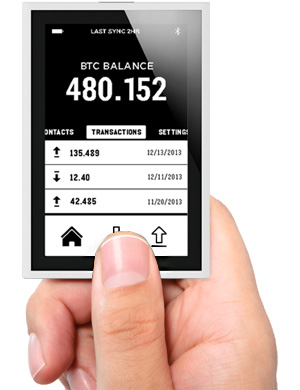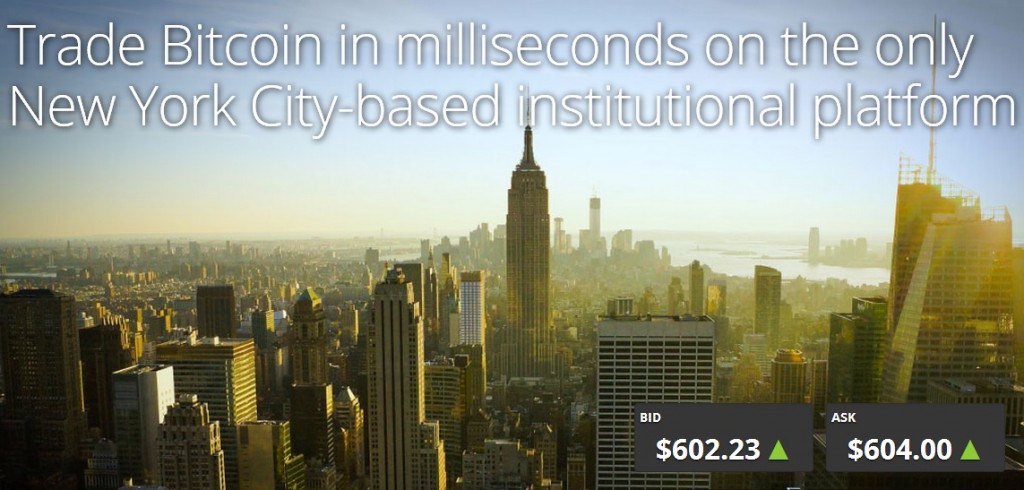Written by Ivan Raszl,GM of MediaBistro, blogger at Bitcoin Owl and associate at Inside Bitcoins Conference. Originally posted at http://bitcoinowl.com/everything-starting-fall-place-bitcoin
Bitcoin is a fairly new phenomena. Nobody at this stage can be sure if it will survive its infancy. But, if we look at the major issues and opportunities surrounding this new technology the signs seem to be all aligning for an exciting two years.
Developing world joining
Bitcoin‘s adoption in the West may be considered slow considering the advantages it offers. And there is a good reason for this. Most westerners in general do not need Bitcoin. We have a fairly good banking system and we can afford the costs associated with it. We accept the yearly $100-200 bank account fee and an average of 2-5% on incoming and outgoing funds. It sounds crazy but if you add it all up an average person in the USA spends over $1,000 / year on various financial fees and this doesn’t include insurance costs. 1K USD is OK for many in the West, but it is out of question for 80% of the world because many do not make much more than that in total. The benefits of modern banking are huge. Not having to physically move cash is safer and faster which results in efficiencies that make life measurably easier. The developing world could greatly benefit from adopting Bitcoin because crypto currencies can provide most benefits that the traditional financial system can offer and more:
- Safe and easily accessible storage of funds on the go.
- Instantaneous and safe transfers at very low fees.
- Unlimited number of accounts for various uses for no monthly fees.
- Easy recovery of funds if primary device is lost or stolen.
There are however two major problems with Bitcoin that prevent it from being widespread in poor areas. It requires a fairly expensive smart phone and an internet connection. A second-hand Android smart phone that is capable of running a bitcoin wallet still costs at least $100 and the internet connection also requires fairly expensive plans. But the world in changing fast and soon these two factors limiting Bitcoin’s huge adoption will fall. Three things are happening:
First, both Google and Facebook are planning to provide global wireless internet. Google has been working on Project Loon for quite some time. The idea behind Loon is to launch a network of balloons that would beam internet down to base stations that would then provide local free wifi connection for all users in the area. Recently Google also purchased Titan Aerospace which makes solar powered unmanned aerial vehicles capable of staying in the air for years and also capable of beaming internet down to areas without affordable internet connection. These companies are doing this of course to increase their user bases, but the free internet will also provide plenty of bandwidth for the tiny transactional data that Bitcoin requires to send and receive funds. In the next 12-24 months being able to send bitcoins to the middle of nowhere will become a reality.
 Second, several easy-to-hardware wallets have been built and are about to be released. One of them, Butterfly Lab‘s solar powered device BitSafe, will start shipping in a few weeks. Another is Trezor which started shipping recently. Several others are in the works by various companies. These devices are currently expensive. The BLF device will cost around $150. These are first generation devices and the underlying electronics are fairly simple – much simpler than a smart phone. The price and size of these devices will drop dramatically in the next 12-24 months. We will have $20 slim, solar powered, Bluetooth and WiFi enabled hardware wallets that allow easy receiving and spending of bitcoins fairly soon. In the near future I believe many will own and carry such devices for various purposes because they will be extremely affordable and easy to use.
Second, several easy-to-hardware wallets have been built and are about to be released. One of them, Butterfly Lab‘s solar powered device BitSafe, will start shipping in a few weeks. Another is Trezor which started shipping recently. Several others are in the works by various companies. These devices are currently expensive. The BLF device will cost around $150. These are first generation devices and the underlying electronics are fairly simple – much simpler than a smart phone. The price and size of these devices will drop dramatically in the next 12-24 months. We will have $20 slim, solar powered, Bluetooth and WiFi enabled hardware wallets that allow easy receiving and spending of bitcoins fairly soon. In the near future I believe many will own and carry such devices for various purposes because they will be extremely affordable and easy to use.
Third, several dozens of startups are working on lots of different ideas to bring Bitcoin to all kinds of existing devices. There is a way to send and receive bitcoins with features phones though text messaging already. Several bitcoin cards, ATMs and POS terminals are in the works. Add-on systems to existing infrastructure are being worked on as well. Web based solutions like Blockchain.info allow people to control bitcoins without having a physical wallet. All these ideas will mature in the next 12-24 month and make Bitcoin much more accessible than today for everyone on the planet.
Developed world’s extended adoption
The consistent growth of Bitcoin adoption by those 6 billion who so far haven’t been able to take part in the crypto monetary revolution will encourage Western governments, banks and corporations to take a lead in crypto currencies to maintain their power over the world economy. Several countries already started looking into Bitcoin seriously. Canada’s government last week started an 18 month process to learn and evaluate Bitcoin and other crypto currencies (see video below). Once Canada or another developed country comes out with a comprehensive approach towards Bitcoin many other nations will adopt the same basic approach quickly. Many companies and people who are currently unsure about Bitcoin will also join the crypto economy. All these events seem to be playing out within 2 years too.
Systemic threats fixed
Currently the biggest systemic threats to the Bitcoin economy are the centralized exchanges and pools. These take away some of the advantages of Bitcoin that are supposed to be completely decentralized and doesn’t require third party trust. Almost every Bitcoin exchange has been compromised in the past. Miners complain about pools not playing fair. Bitcoin users are also uneasy about large pools that can theoretically exert too much power over the network with the so called 51% attack. But all this is changing rapidly and these transitional issues will go away to a large extent. Projects like Bitwasp and P2P Pools are bringing decentralization back to both exchanges and mining pools. These projects are still in the stages, but they will be ready within 1-2 years as well.
Bringing value beyond money
Finally, products and services built on top of Bitcoin or bitcoin’s technology that are more than money are coming soon as well. Colored Coins, MaidSafe, Ethereum, Counterparty, Mastercoin, and others are bringing online and offline businesses into the Bitcoin ecosystem that increase the value of the network tremendously by providing more efficient and cheaper solutions to a wide range of problems for people who do not care about Bitcoin itself. These projects are currently either in Beta or recently launched and in test phase. But in a year or two they will start challenging the biggest players in the industry like Dropbox or even Google. There is a huge momentum in the Bitcoin ecosystem Today. The next 2-5 years will be extremely interesting to watch. It looks like it will be as exciting and transforming as the web was when it started just 17 years ago.
The post Everything is Starting to fall in place for Bitcoin appeared first on Bitcoin Magazine.








![Bitcoin vs Banking [infographic]](https://www.pacifichashing.com/wp-content/uploads/2014/07/76c5ff28b8_bitcoin-disrupt-financial-system-infographic-3-150x150.png)






